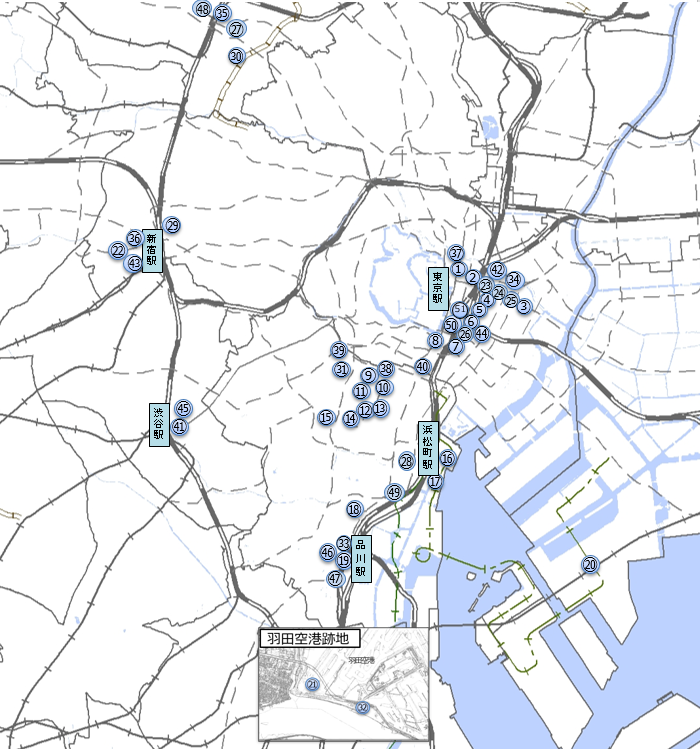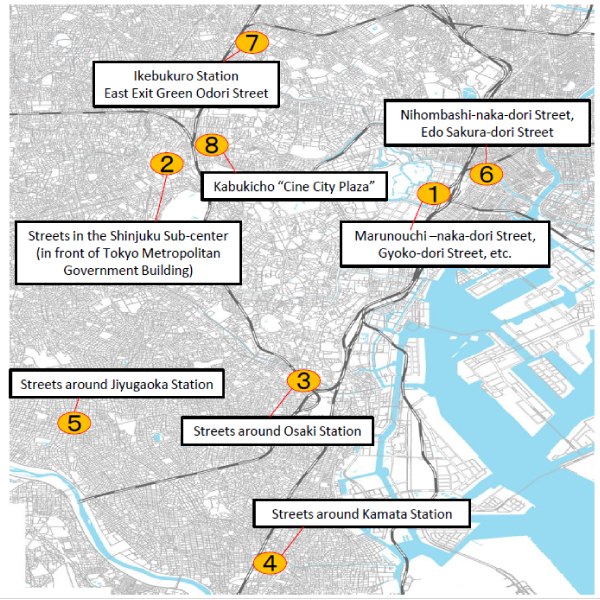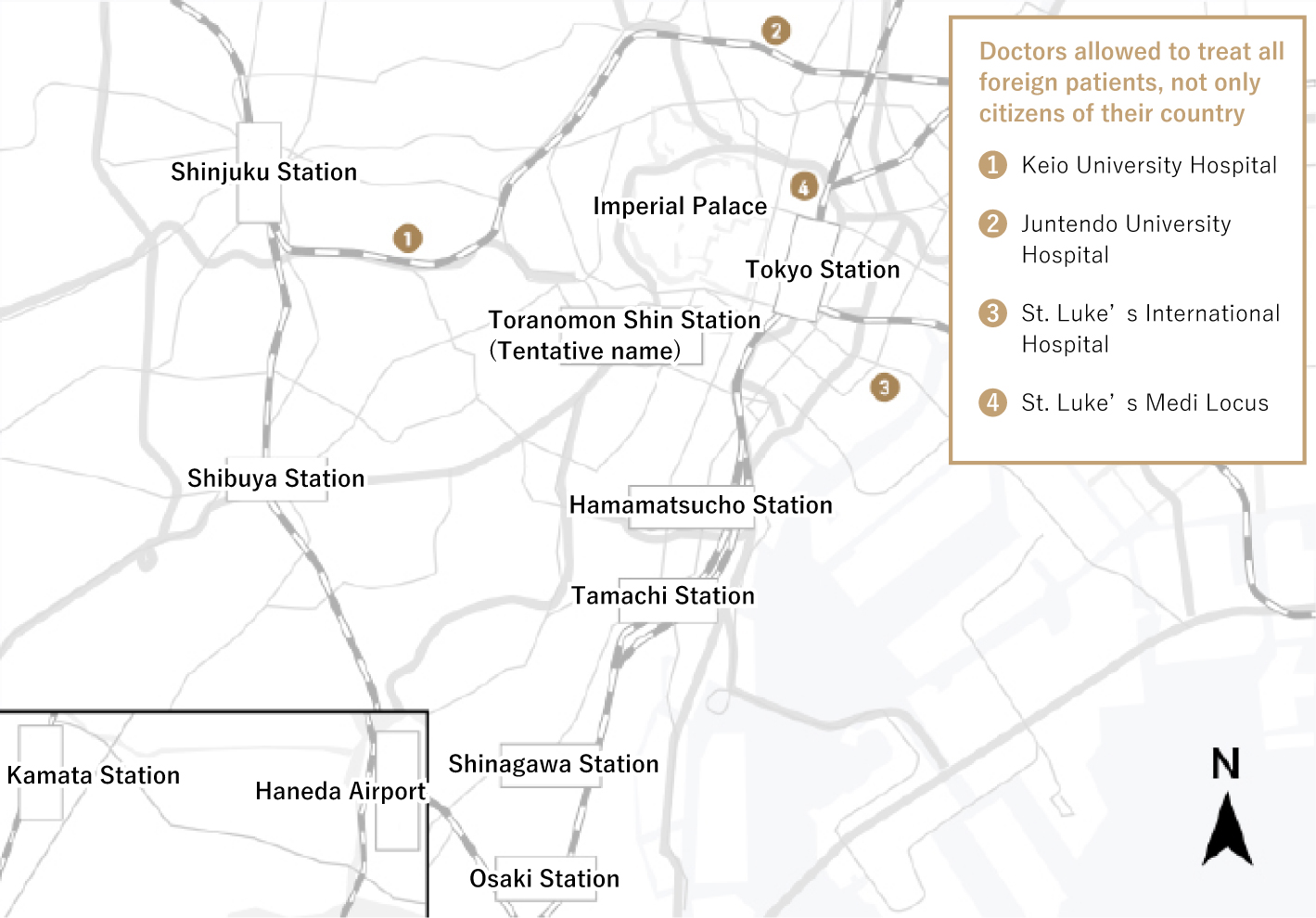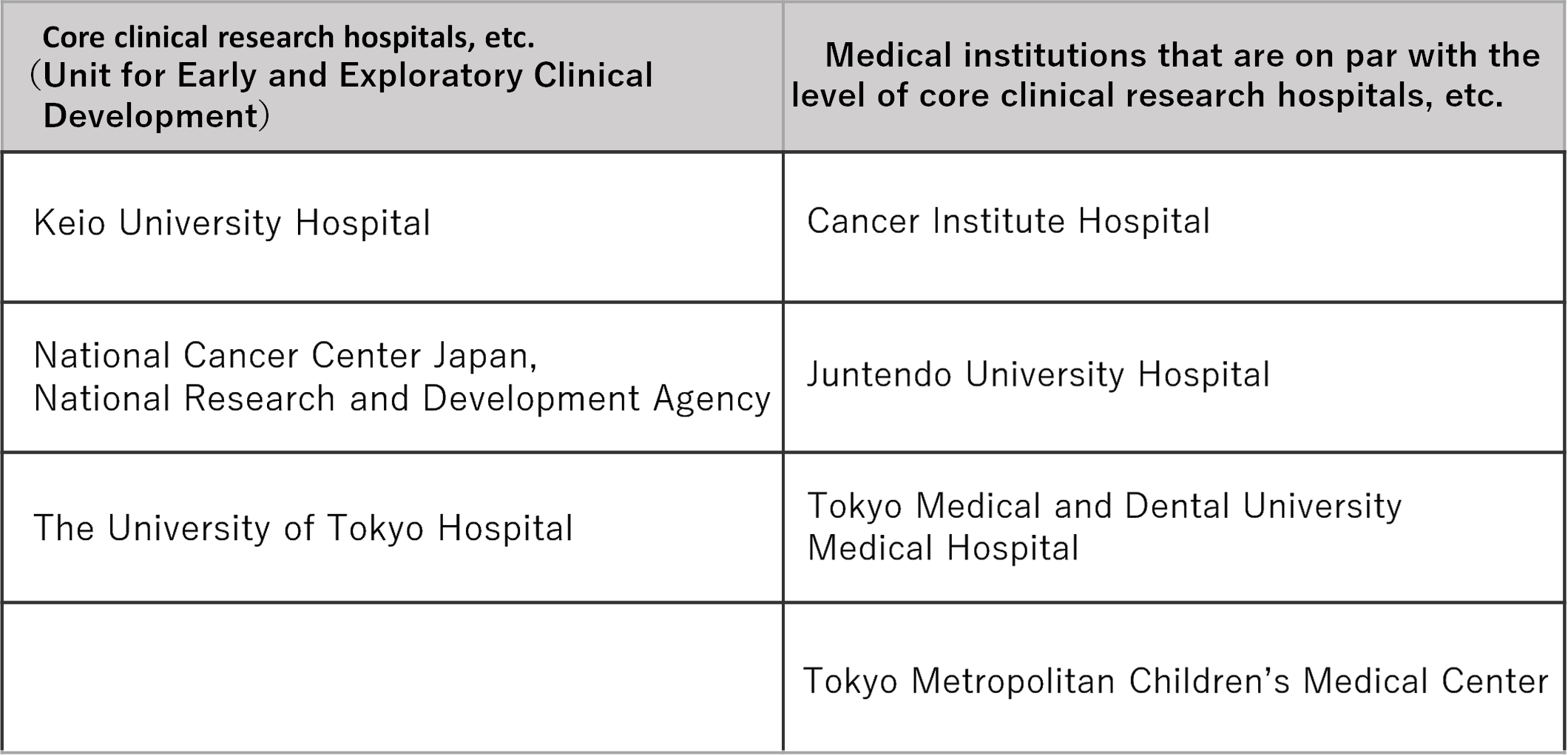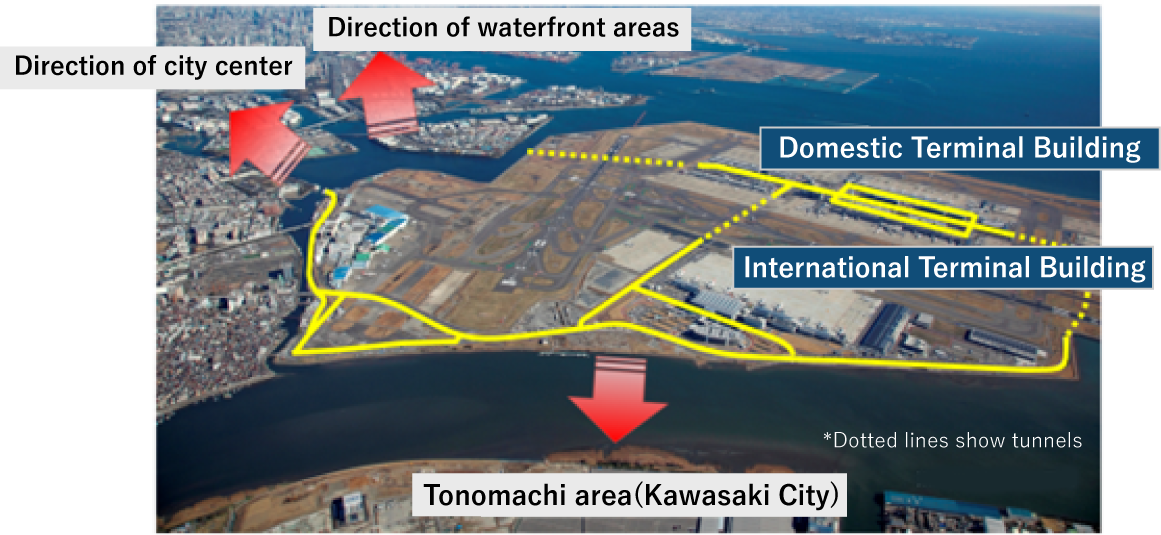The National Strategic Special Zones are designated by the national government based on the perspectives of boosting the international competitiveness of industry and promoting the creation of centers of international economic activities by giving priority to advancing structural reform of the economic system. Tokyo Metropolis, Kanagawa Prefecture, Chiba City and Narita City in Chiba Prefecture have been designated as the Tokyo Area zone by the national government.
- Launch date
- FY2013
- Areas (Tokyo Area)
- Tokyo Metropolis; Kanagawa Prefecture; Chiba City and Narita City, Chiba Prefecture
- Goal
- To form an international business base that gathers capital, people and companies from around the world and to create new internationally competitive businesses through startups and innovation in the areas of drug development, etc., by building the most business-friendly environment in the world.
- Program contents
- An Area Plan is formulated by the National Strategic Special Zone Council for the Greater Tokyo Area comprising the national government, relevant local government, and private businesses, and approved by the Prime Minister after review by the National Strategic Special Zone Advisory Council.
Since the designation of the Tokyo Area zone in May 2014, the Tokyo Metropolitan Government has proposed the utilization of the Special Zone offerings and new regulatory reforms in various areas including urban revitalization, health care, entrepreneurship, employment, and female empowerment.

